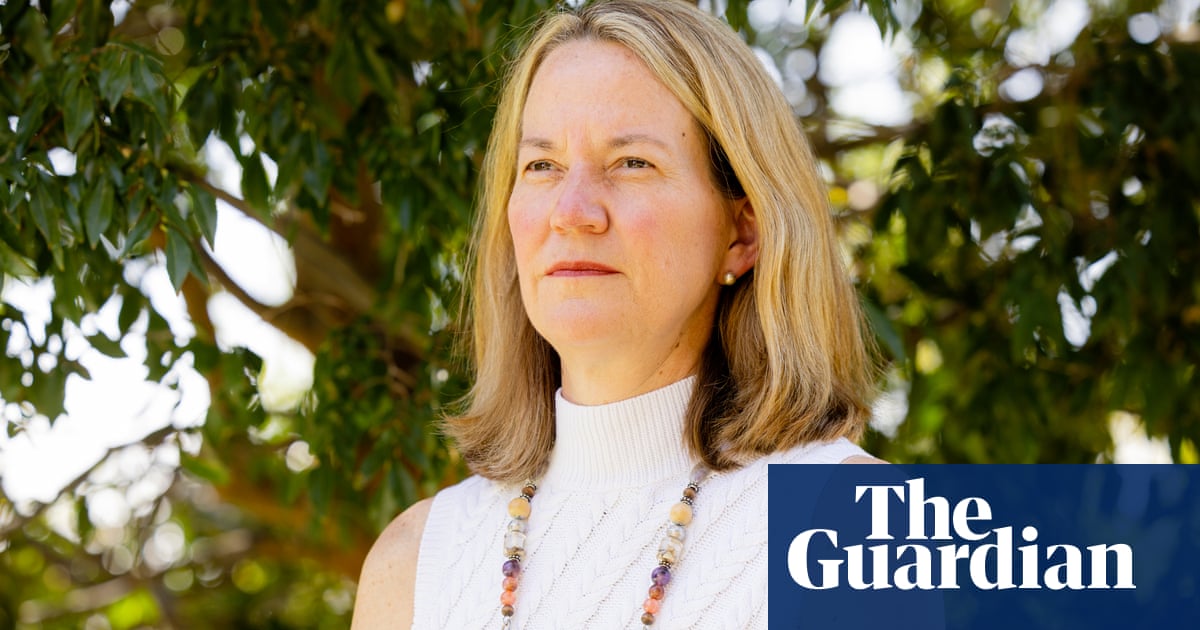
Arizona Attorney General Kris Mayes, a Democrat, has vowed to vigorously oppose key aspects of the incoming Trump administration’s immigration policies. She explicitly stated her intention to fight any attempt to establish deportation camps within Arizona or to remove DACA recipients (“dreamers”) who entered the U.S. as children.
In an interview with the Guardian, Mayes declared that deporting dreamers or undermining their rights would be a “bright red line.” Arizona, a crucial border state, is home to over 30,000 dreamers who benefited from the Deferred Action for Childhood Arrivals (DACA) program, implemented by President Obama in 2012 but repeatedly targeted by Republicans. Mayes emphasized the vital contributions of dreamers to Arizona’s society, stating, “These folks are firefighters, police officers, teachers – they are part of the very fabric of our state and we will protect them.”
Trump’s previous attempts to dismantle DACA were thwarted by a Supreme Court ruling. While he recently expressed a willingness to find a solution allowing dreamers to remain, his apparent shift has engendered skepticism. The DACA program currently faces legal challenges in a lawsuit before the Fifth Circuit Court of Appeals, a case likely headed to the Supreme Court’s conservative supermajority. Despite this, Mayes remains optimistic about the Court ultimately upholding DACA protections.
Mayes also issued a strong warning against any effort by Trump to build detention camps in Arizona or reinstate family separation policies. She asserted that her legal team is prepared to combat both initiatives, declaring, “If Trump tries to engage in family separation, or build mass deportation camps, I will do everything I can legally to fight that. That is not happening in Arizona, not on our soil.” She characterized family separation as “fundamentally anathema to who Arizonans are.”
Mayes and her team have been proactively preparing for a Trump administration’s return, studying the Heritage Foundation’s “Project 2025” policy blueprint. Collaborating with other Democratic state attorneys general, who collectively filed over 100 lawsuits against the previous Trump administration, winning 80% of them, Mayes emphasizes the importance of united action. She is particularly working closely with her counterparts in California and New Mexico, contrasting their approaches with that of Texas’s Republican attorney general.
However, Arizona’s Proposition 314, which passed with 63% of the vote, authorizing state police to arrest undocumented individuals crossing the border outside designated ports of entry, adds a layer of complexity. Mayes clarified that this will not deter her from opposing unconstitutional actions by the federal government. She advocates for increased federal resources to address border security and the fentanyl crisis, rejecting Trump’s proposals to deploy the National Guard or military for immigration enforcement as unconstitutional and undesirable.
Mayes’s high-profile indictment of Trump associates for their roles in the “fake electors” conspiracy in 2020 further solidifies her position. Despite Trump’s electoral victory, she intends to proceed with the case, asserting that justice should not be determined by popular vote. This stance may put her at odds with Trump’s potential FBI director nominee, Kash Patel, who has indicated a willingness to pursue investigations against Trump’s perceived enemies. However, Mayes remains resolute, stating, “I’m not afraid of anyone. I’m going to do my job, uphold the law and protect Arizonans. I’m going to do it no matter who is at the helm of the FBI.”
